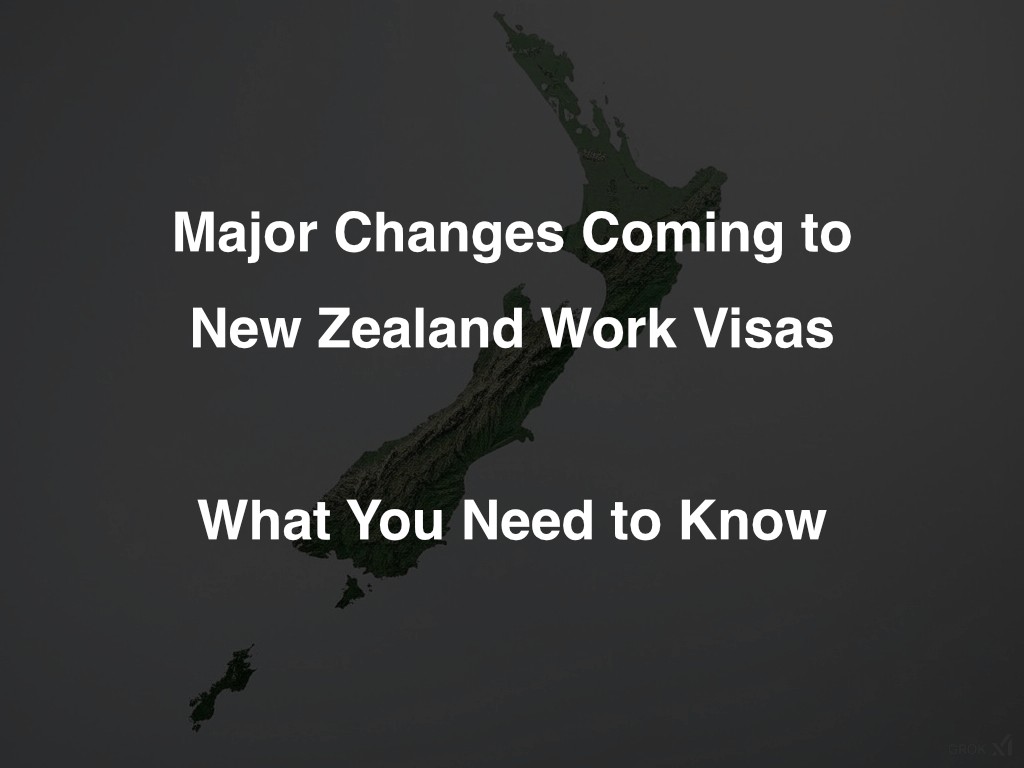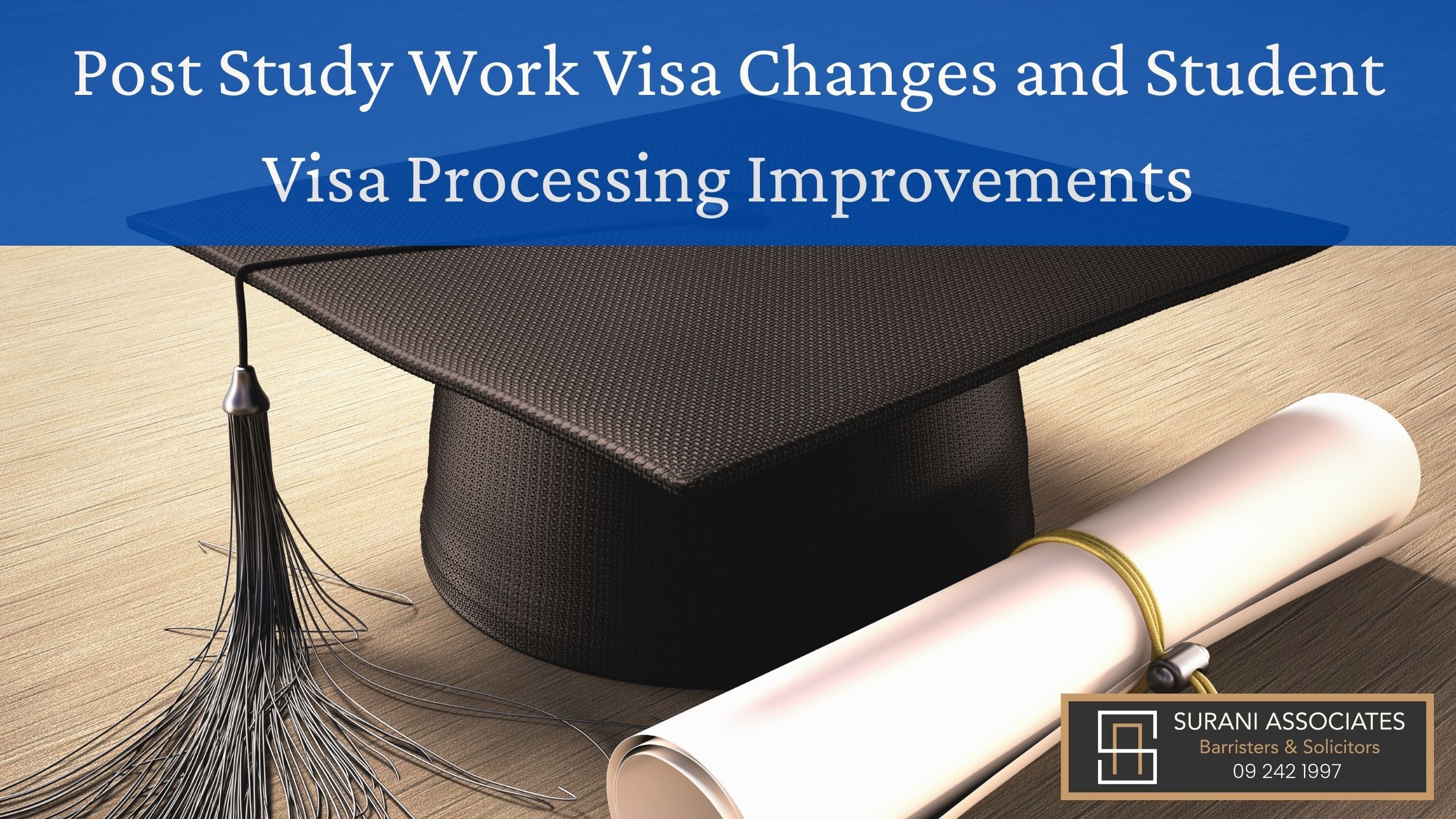
Complex Immigration Cases
Navigating intricate visa situations with expertise and precision. We tackle challenging cases, providing tailored solutions for even the most complex immigration scenarios.
Types of Complex Cases:
IPT Residence Decisions
Family ( spouse or partnership )
Family ( parent )
Parment resident
Residence ( green list-work to resident )
Residence from work
Skills migrant
Fairness
Whether a decision is fair or not depends on such factors as:
o whether an application is given proper consideration;
o whether the applicant is informed of information that might harm their case (often referred to as potentially prejudicial information);
o whether the applicant is given a reasonable opportunity to respond to harmful information;
o whether the application is decided in a way that is consistent with other decisions;
o whether appropriate reasons are given for declining an application;
o whether only relevant information is considered;
o whether all known relevant information is considered.How much fairness an immigration officer must bring to bear in deciding an application may depend on the consequences of the decision for the applicant.
Bias
Whether or not a decision is biased depends on such factors as:
Whether the officer is personally prejudiced against the applicant on grounds such as sex, race, religion, socio-economic status, sexuality etc;
Whether the officer has a direct financial or personal interest in the outcome of a decision;
Whether the officer has a relationship with any of the people involved in the application;
Whether the officer has predetermined the decision, without considering all of the facts and evidence.
It is important to avoid not only actual bias, but also the appearance or suspicion of bias.
Practical steps towards achieving fairness and natural justice in Decision-making
If the applicant insists on proceeding, accept and process an application made in the prescribed manner, even if it is likely that it will be declined; and
Consider all the facts, keeping an open mind towards all relevant forms of evidence; and
Distinguish fact from opinion, rumour, allegation, assumption or report; and
Apply relevant immigration instructions; and
Inform the applicant of the actual reasons for a decision; and
Include an interpreter in an interview if the applicant is not fluent in English, or if the applicant asks for one to be present; and
Include an applicant’s lawyer, immigration adviser, or family representative if the applicant asks for them to be present.
Please contact us for more information and to lodge your Review application, please call us on +64 9 242 1997 or email office@Suraniassociates.co.nz
Medical Waiver
Acceptable standard of health (applicants for temporary entry class visas)
Applicants for temporary entry class visas must have an acceptable standard of health(ASH ) unless they have been granted a visitor visa for the purpose of obtaining medical treatment or have been granted a medical waiver.
Applicants for temporary entry class visas to New Zealand are considered to have an acceptable standard of health if they are:
unlikely to be a danger to public health; and
unlikely to impose significant costs or demands on New Zealand’s health services during their period of intended stay in New Zealand; and
(if they are under 21 years of age and are applying for a student visa) unlikely to qualify for Ongoing Resourcing Schemes (ORS) funding during their period of intended stay in New Zealand; and
able to undertake the work or study on the basis of which they are applying for a visa, or which is a requirement for the grant of the visa.
Please contact us for more information and to request for the medical waiver, please call us on +64 9 242 1997 or email Dilkhush@Suraniassociates.co.nz
Character Waiver
Applicants who are ineligible for a visa under the Immigration Act 2009, unless granted a special direction. Applicants who will not normally be granted a residence class or temporary entry class visa, unless granted a character waiver. If the applicant has provided false or misleading information or withheld information to INZ in his/her previous or current visa applications may make you ineligible for a visa unless granted a character waiver.
Impact of the Criminal Records (Clean Slate) Act 2004
When assessing whether a person meets an applicable character requirement, an immigration officer must be aware that New Zealand convictions may be covered by the Criminal Records (Clean Slate) Act 2004 (Clean Slate Scheme) and that if so, an eligible individual is not required to declare New Zealand convictions.
If Immigration New Zealand (INZ) holds any information that a person has these New Zealand convictions, and that person is an eligible individual under the Clean Slate Scheme, this information cannot be used when assessing whether the person meets the applicable character requirements.
The information referred to in (b), above, includes any prior police certificates, any information INZ holds in its records (including its Application Management System), and any other information which may have been gathered from a public source.
If a person is an eligible individual under the Clean Slate Scheme, immigration officers cannot, under any circumstances, request or require that an individual disregard the effect of the Clean Slate Scheme when answering questions about his or her New Zealand criminal record, or disregard the effect of the Clean Slate Scheme and disclose, or give consent to the disclosure of, his or her criminal record. Doing so is an offence under the Criminal Records (Clean Slate) Act 2004. However, if the persons voluntarily declares criminal convictions that are subject to the Clean Slate Scheme, this information can be used to assess whether the person meets the applicable character requirements.
What the Immigration Officer may consider for character waiver request
The surrounding circumstances of the application, including any family connections the applicant or applicants might have to New Zealand, are to be disregarded for the purposes of the decision.
May consider the nature and extent of the applicant’s association with, membership of, or involvement with, the government, regime, group or agency. If the immigration officer is satisfied that the nature and extent of the association, membership or involvement was or is minimal or remote, then the officer may grant a visa to the applicant(s) provided all other immigration instructions requirements are met.
where the applicant’s (or applicants’) entry or stay in New Zealand is considered to be in the national interest and they have applied for a temporary entry class visa (other than under a Work to Residence category), an immigration officer may grant the visa to the applicant(s), provided all other relevant immigration instructions requirements are met.
What the applicant expects from an Immigration Officer while decide the application
An immigration officer must make a decision in compliance with fairness and natural justice requirements.
An immigration officer must record the reasons for their decision on this aspect of the character requirements.
Any decision to determine the application in accordance with A5.30 must be made by an immigration officer with Schedule 1-3 delegations
Please contact us for more information and to lodge your character waiver request, please call us on +64 9 242 1997 or email Dilkhush@Suraniassociates.co.nz
Special Direction
A special direction is a process which allows a legal obstacle or requirement in either the Immigration Act or Immigration Regulations to be overcome. Or when you have exhausted all the Immigration proceeding.
A special direction (under section 17 of the Immigration Act 2009) allows exceptions to be given to an “excluded person” who is not eligible for a visa, entry permission, or a visa waiver under section 15 or 16 of the Act. Excluded persons include:
A person who has been sentenced to a prison sentence for a term of five years or more at any time
A person who at any time within the preceding 10 years has been sentenced to a prison sentence for 12 months or more
A person who has been removed or deported from New Zealand at any time
A person who has been excluded from New Zealand
A person who at any time has been removed, excluded, or deported from another country
Anyone who the Minister of Immigration believes is, or is likely to be, a threat or risk to security, public order or the public interest
Anyone who the Minister believes is likely to commit an offence in New Zealand punishable by imprisonment
A person who is a member of a terrorist entity designated under the Terrorism Suppression Act 2002.
A special direction allows INZ to approve visas, impose conditions on visas and implement other administrative actions. As well as the examples listed above a special direction may also be needed in the following circumstances:
Visa application fee waivers
Waiving specific lodgement requirements
Varying the conditions of a visa
Suspending an applicant’s ability to utilise a visa waiver arrangement.
The need for a special direction may occur after an application has been accepted and is being processed. For example, issues relating to an applicant’s character may not come to light until after the application has been accepted. In such cases, the determination of the special direction may be necessary, as well as character waiver.
The decision on whether to grant a special direction can be made by the Minister of Immigration, the Associate Minister of Immigration or INZ staff member who has the appropriate delegations.
No person has a right to apply for a special direction but this does not stop people from requesting one.
INZ makes hundreds of special direction decisions each year. The exact numbers cannot be reported as it is not always practical to raise a separate record in INZ’s application management system for every special direction request received or granted.
Please contact us for more information and to request for the special direction, please call us on +64 9 242 1997 or email Dilkhush@Suraniassociates.co.nz
PPI (Potentially Prejudicial Information)
- Suitable qualified to do the job
- False or misleading informationCharacter issues
- Health requirements
- And many more
Section 61 Request
If your visa has expired and you’re now in New Zealand unlawfully, one option is to apply for a visa as a special case under section 61 of the Immigration Act. This is generally a last resort – it’s mainly intended for when you’ve tried all other channels for getting a visa. You might be able to succeed where you’ve got some very strong reason for being allowed to stay in New Zealand.
Immigration New Zealand has “absolute discretion” in these cases, meaning that there are few restrictions on them in how they go about making the decision, and you have no appeal rights if you’re turned down. Legally, Immigration NZ doesn’t have to even consider your application – although in practice they consider all applications at least to some degree.
The full range of visas can be granted under section 61. Once you’ve been granted a visa under this section, you have the same immigration status as anyone else who’s been granted that particular type of visa.
Our submission would be under section 61
your immigration history – for example, whether you’ve been in New Zealand unlawfully before
your current situation – including why you need to stay in New Zealand, how long you’ve already been here unlawfully, why you don’t have a current visa, what efforts you’ve made to try to get one, and whether your unlawful status is because of something outside your control
your health and character.
whether you’ve got a likely a good opportunity and useful skills
whether you’re well-established here with strong family ties
whether you’re a security risk.
you’ll have a strong case if:
you can provide them with a full picture of your situation and why you’re a special case, and
there’s solid evidence of the contribution you’ve made to New Zealand, and
you haven’t deliberately attempted to stay here unlawfully for a long time.
To get a section 61 visa, you don’t have to show exceptional or humanitarian circumstances, but your case does usually need to be something out of the ordinary.
Please contact us for more information and to request for the section 61 application, please call us on +64 9 242 1997 or email Dilkhush@Suraniassociates.co.nz
Appeal To Immigration Tribunal
You may be able to appeal against your deportation liability, depending on your circumstances and the time the liability arose. You cannot appeal if the last visa you held was a limited visa.
If you would like to appeal and are in New Zealand unlawfully, you must do so within 42 days of becoming unlawful, or within 42 days of receiving confirmation that your last visa application was declined. If you are liable for deportation for other reasons, you will normally have 28 days to appeal starting from the time you are given a deportation liability notice.
The Immigration & Protection Tribunal hears and determines appeals concerning:
decisions about residence class visas
decisions about the recognition of a person as a refugee or protected person
liability for deportation
decisions to stop recognising a person as a refugee or protected person
decisions to cancel the recognition of a New Zealand citizen as a refugee or protected person.
How long does it take to get a decision?
Residence appeals
These appeals are generally being determined within 5 to 7 months after the Tribunal receives them. Send any supporting documents or submissions to the Tribunal as soon as you can.
Deportation non-resident (humanitarian) appeals
These appeals are generally being determined within 6 to 8 months after the Tribunal receives them. Send any supporting documents or submissions to the Tribunal as soon as you can.
Office of the Ombudsman
The Privacy Commissioner can investigate whether an organisation’s actions have interfered with your privacy under the Privacy Act (2020). The Privacy Commissioner will ask you if you have tried to resolve the matter with us directly first.
They can:
assess whether there has been a breach of the Privacy Act,
assess the scale of the breach,
ask an organisation to meet with you, or
ask an organisation to provide the Privacy Commissioner with information and facilitate an agreed settlement.
Please contact us for more information and to lodge your application, please call us on +64 9 242 1997 or email Dilkhush@Suraniassociates.co.nz





